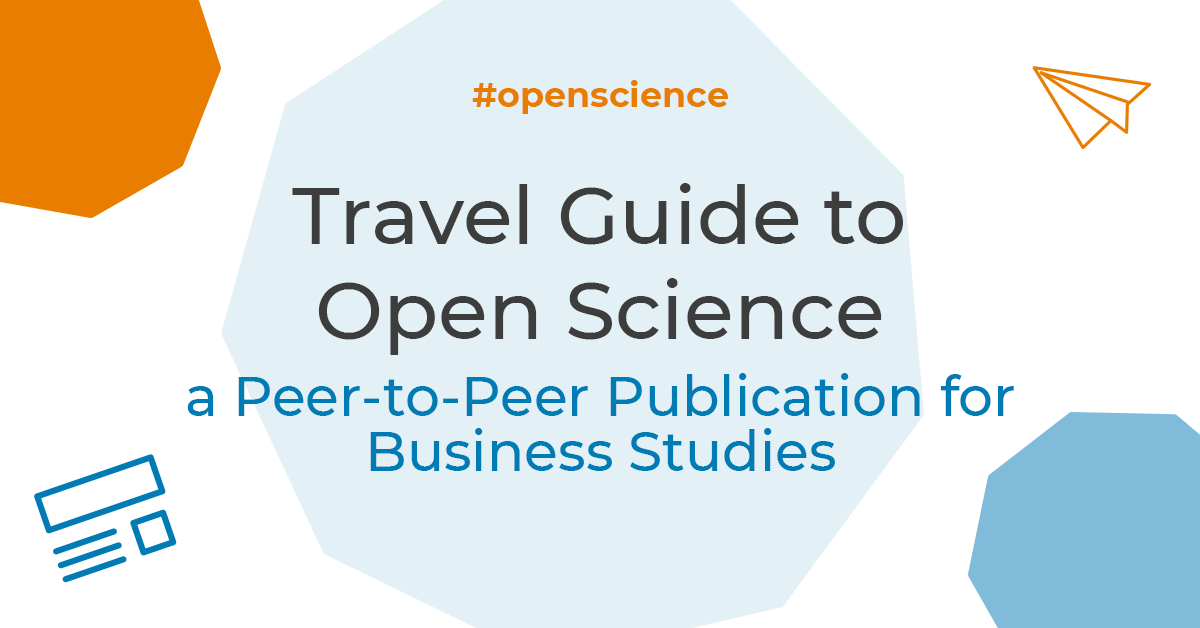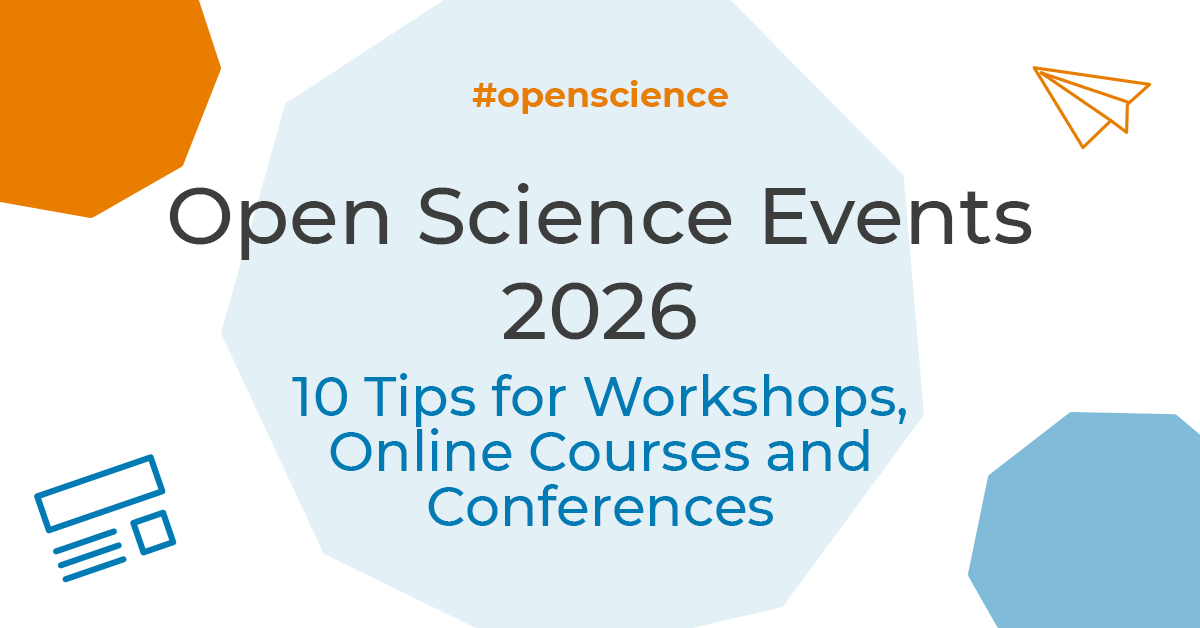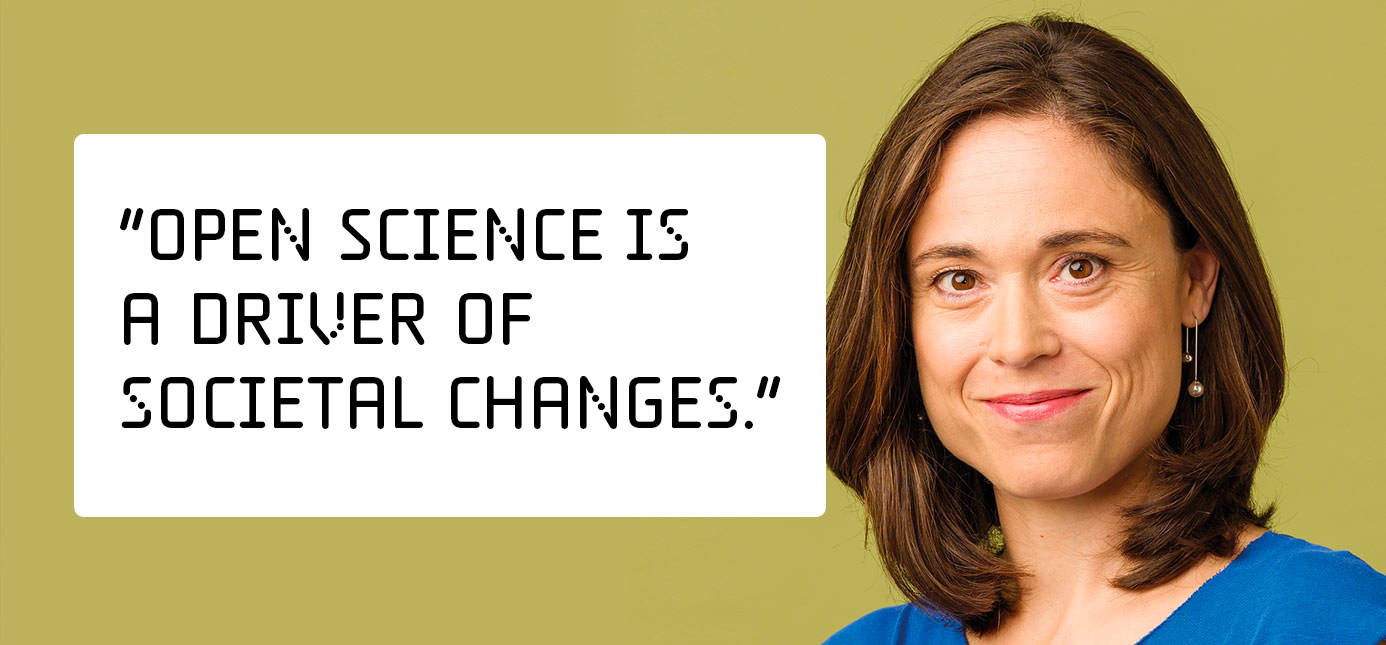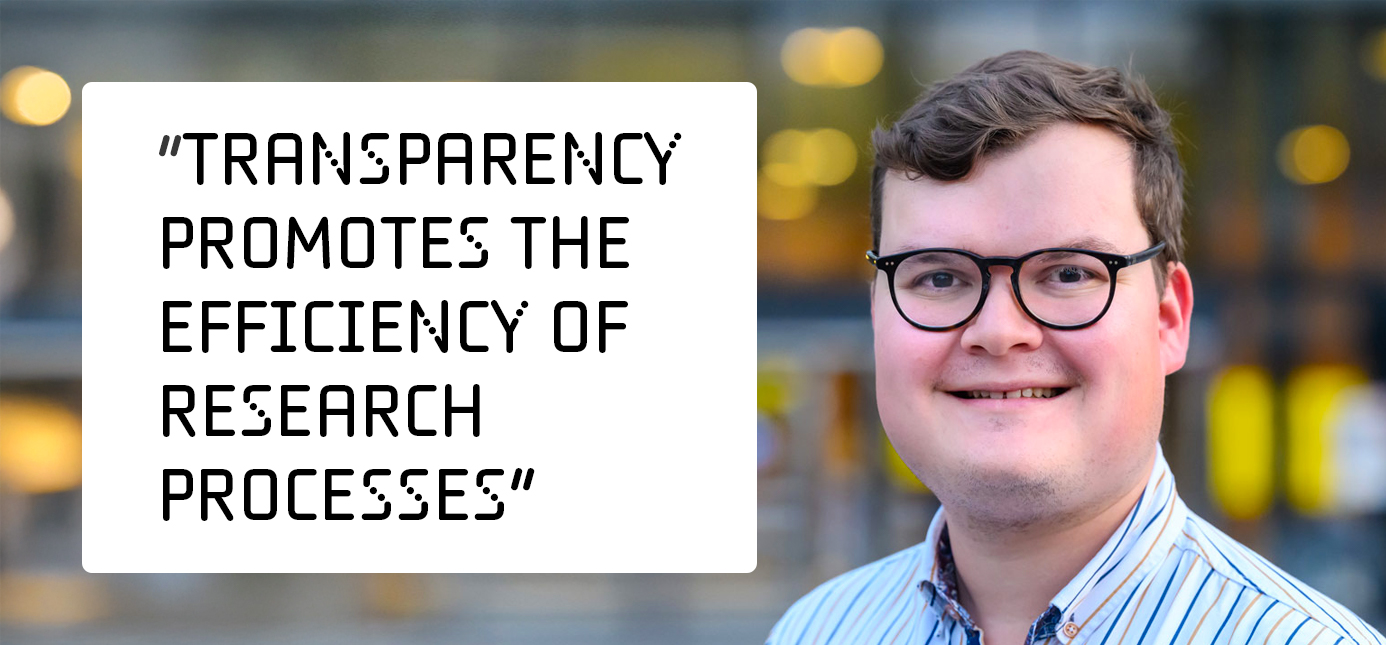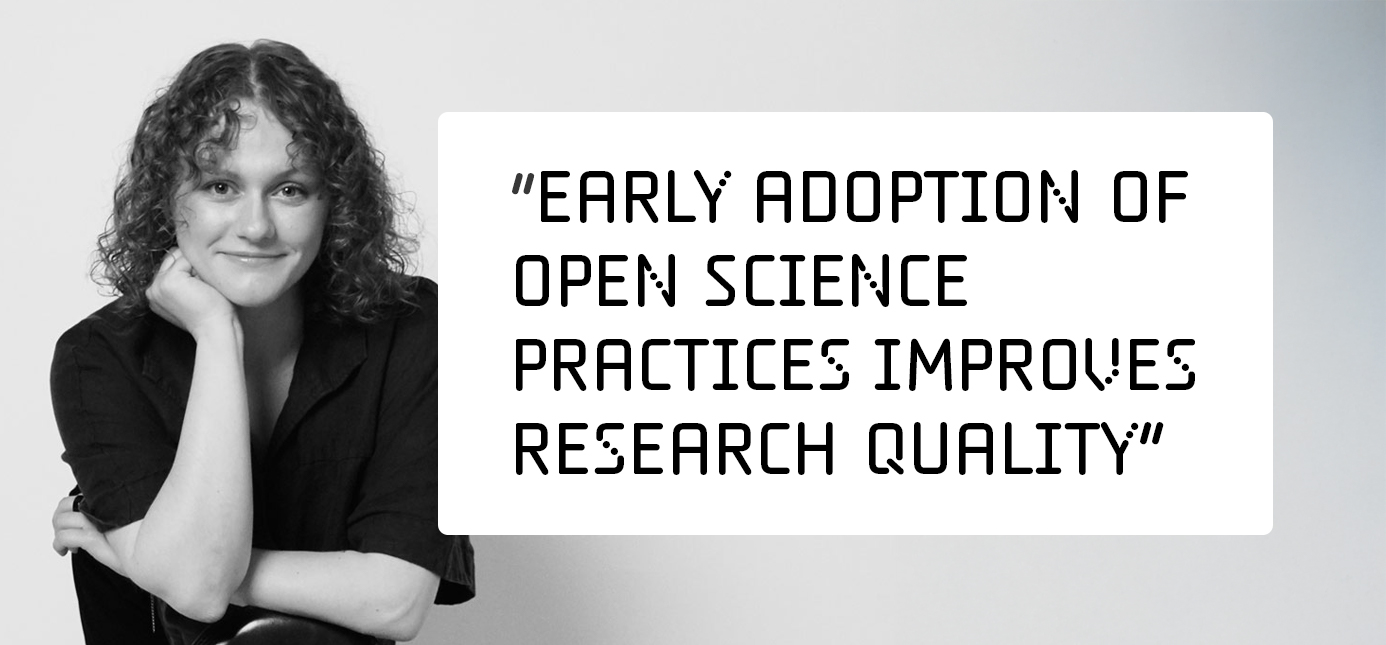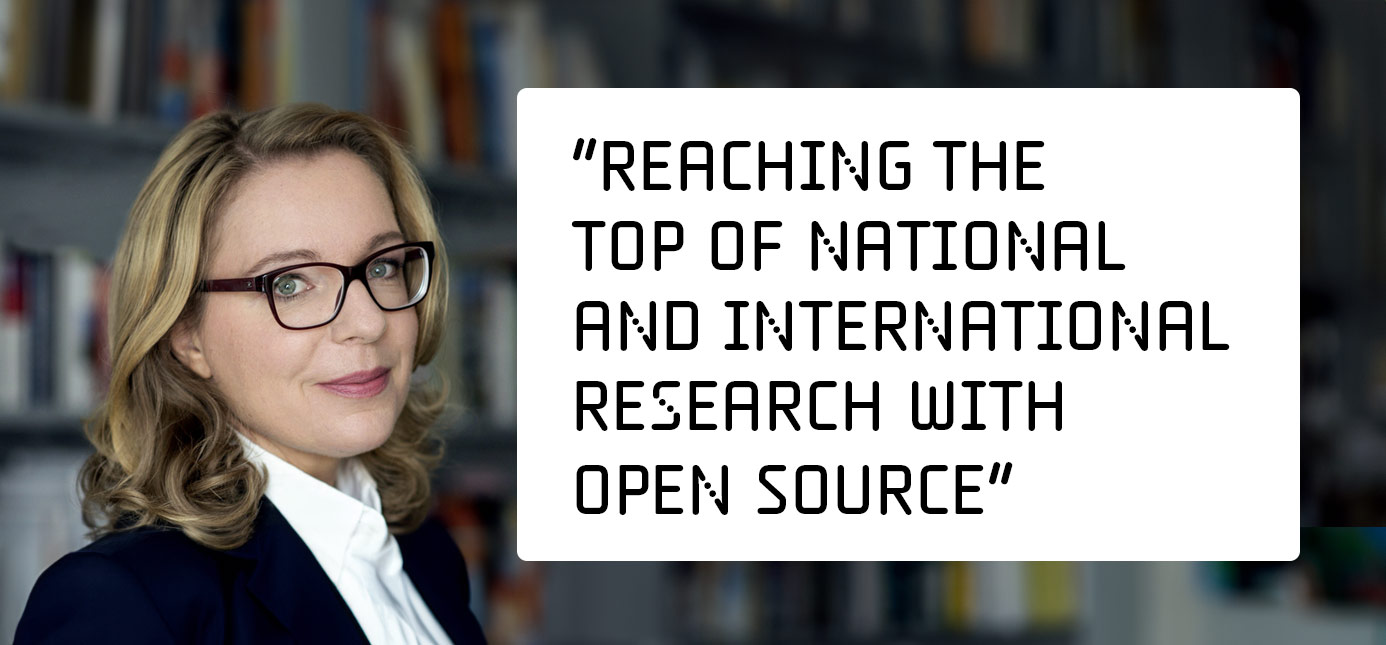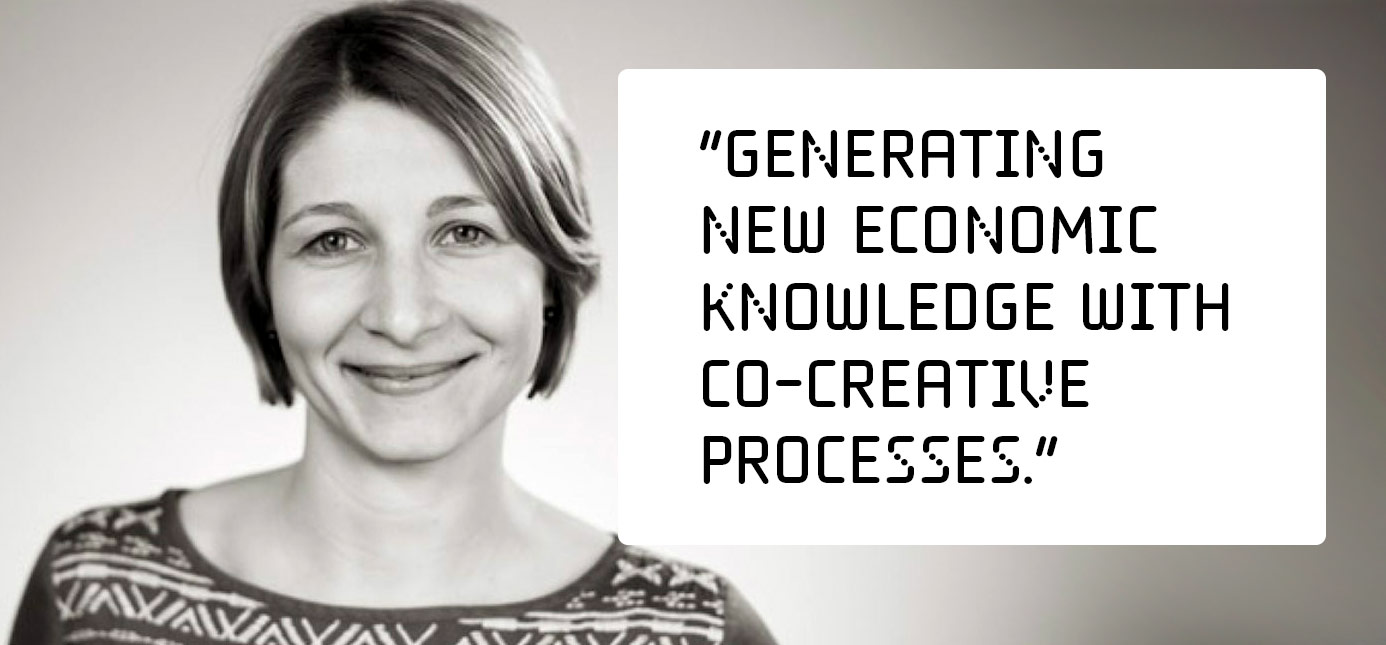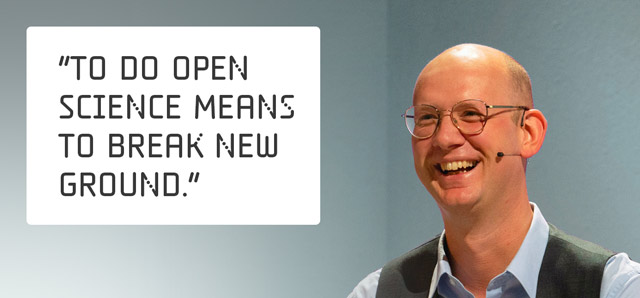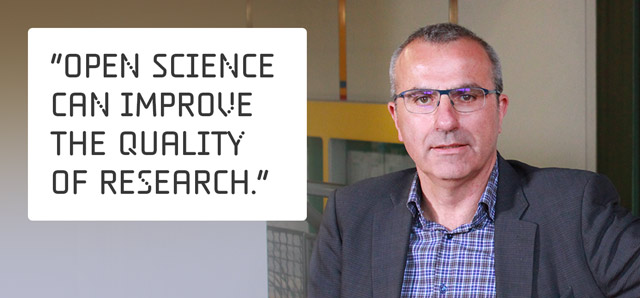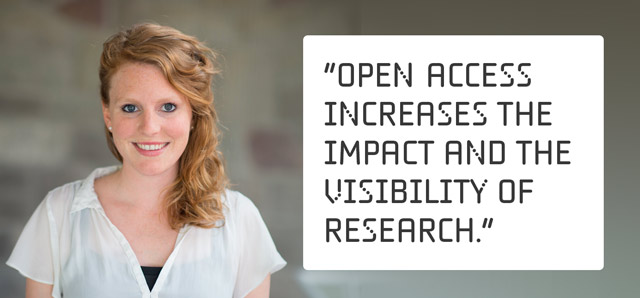Boost your research success in business studies and economics
The ZBW Open Economics Guide shows you how to use Open Science methods and tools – such as Open Access and Open Data – to make your research more efficient and visible!

Introduction to Open Access
Making research visible.

Introduction to Open Data
Making research verifiable.

Introduction to Open Code
Making research transparent.

Introduction to OER
Making teaching better.
New Blog Posts
Stay up to date with the latest tips and tutorials on Open Science.
Travel Guide to Open Science: a Peer-to-Peer Publication for Business Studies
Open Science encompasses a wide range of approaches, methods and practices,...
Open Science Events 2026: 10 Tips for Workshops, Online Courses and Conferences
In 2026, there will once again be plenty of opportunities to...
Open Science in Practice
Researchers' inside reports from their everyday life.
Open Science Events
Conferences, seminars, webinars, online panels and more!
Copim Conference 2026
At this conference we will be asking essential questions, sharing bold ideas, and forging collaborative strategies for what comes next. Through lively panels and discussions, participants will tackle the most pressing themes for open access books today, with a focus on collective action. It’s an opportunity for people across the community-led open access ecosystem to chart the next phase of open access publishing, together.
EconData Workshop
Curious how others handle ethical or governance challenges around data access and privacy? Do you have data that drives you crazy and need somebody to talk about it? Wondering if you have the best method to get the most out of your data? Or maybe you just have a data-related question that has been on your mind for a while, but you have not had the right space to ask it? If you have questions likes these, we invite you to join us for an engaging unconference-style workshop fostering collaboration and innovation across business, economics, and related research fields. Share insights, connect with peers, and create tangible outcomes on topics like reproducible research, unstructured data, and AI.
Contact
Do you have questions about Open Science or suggestions for our guide?
We look forward to hearing from you!




